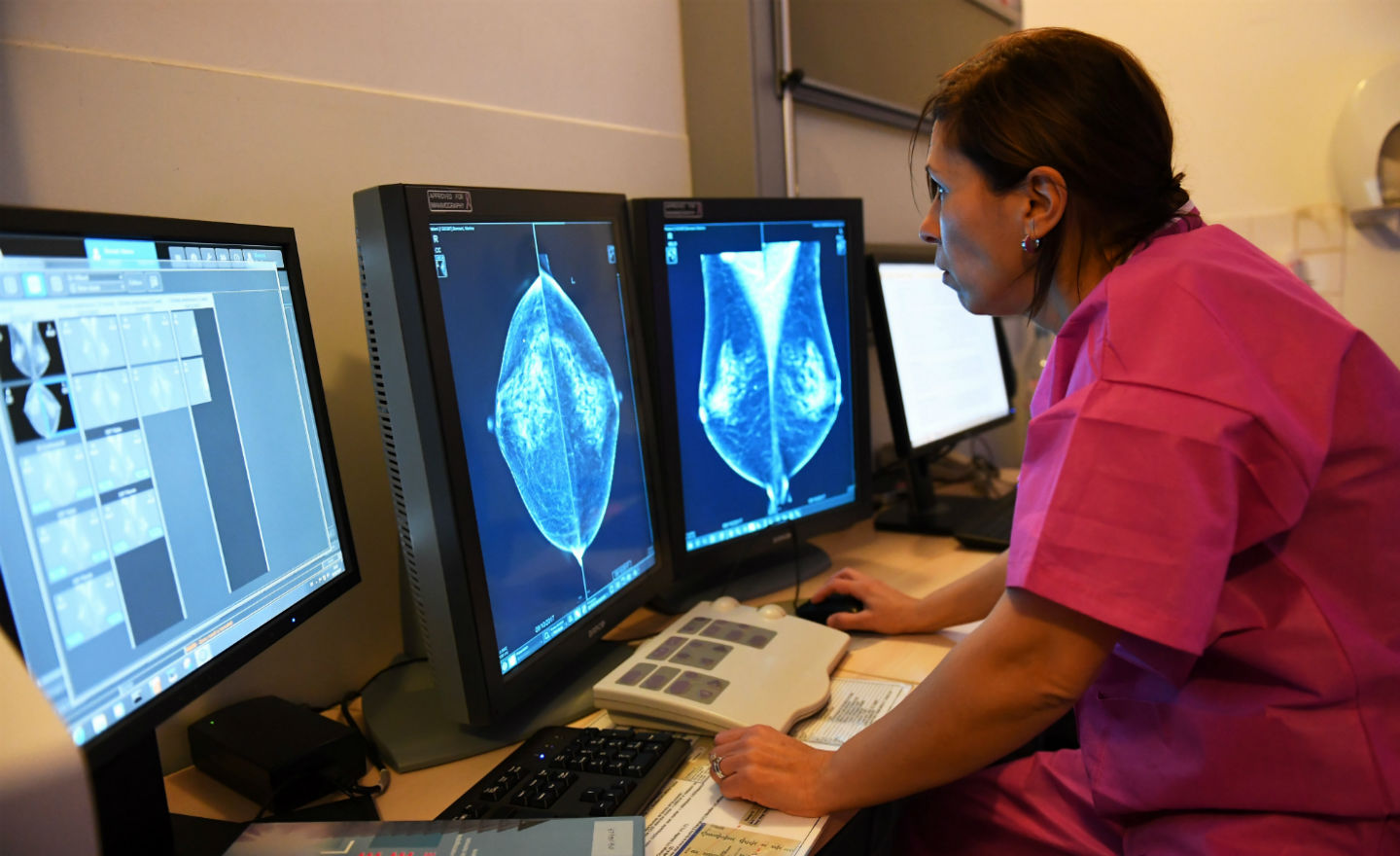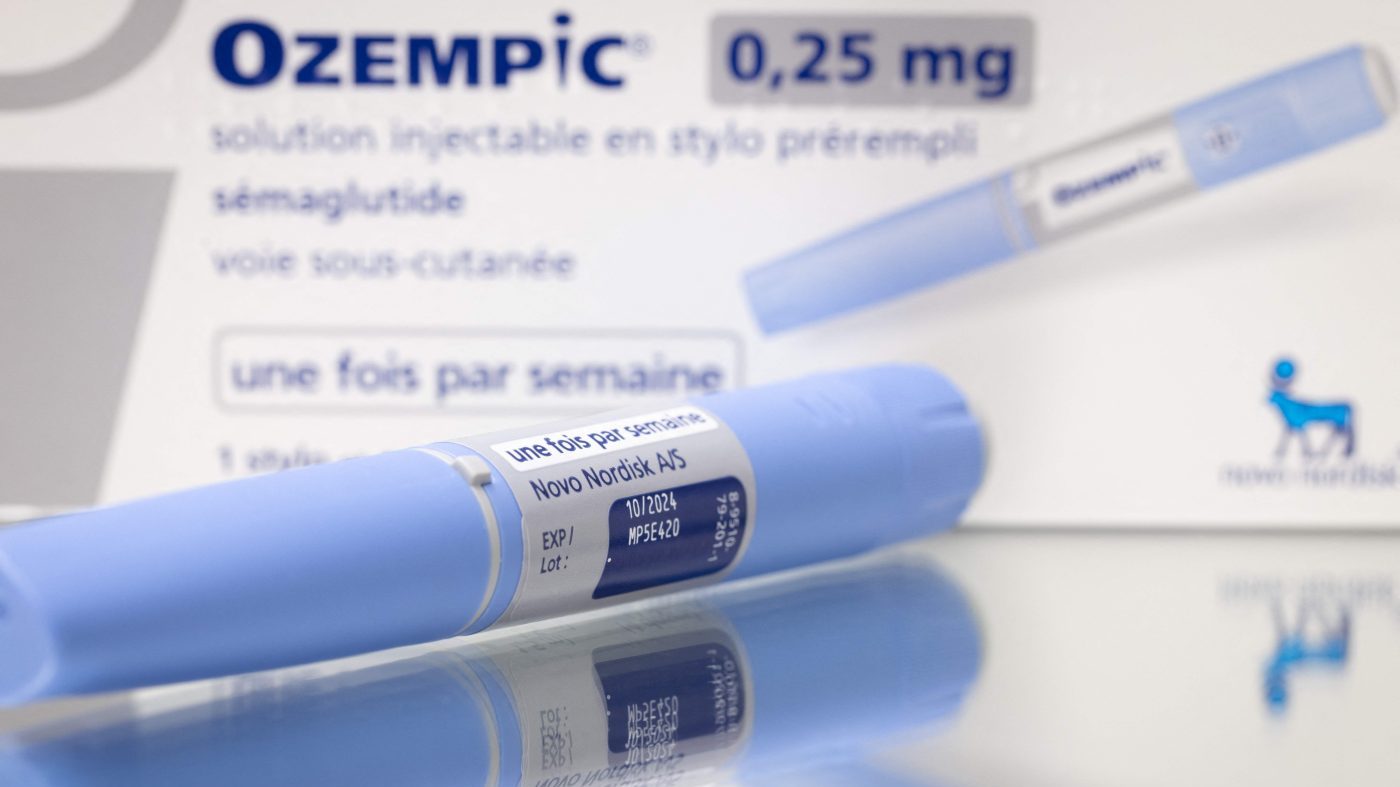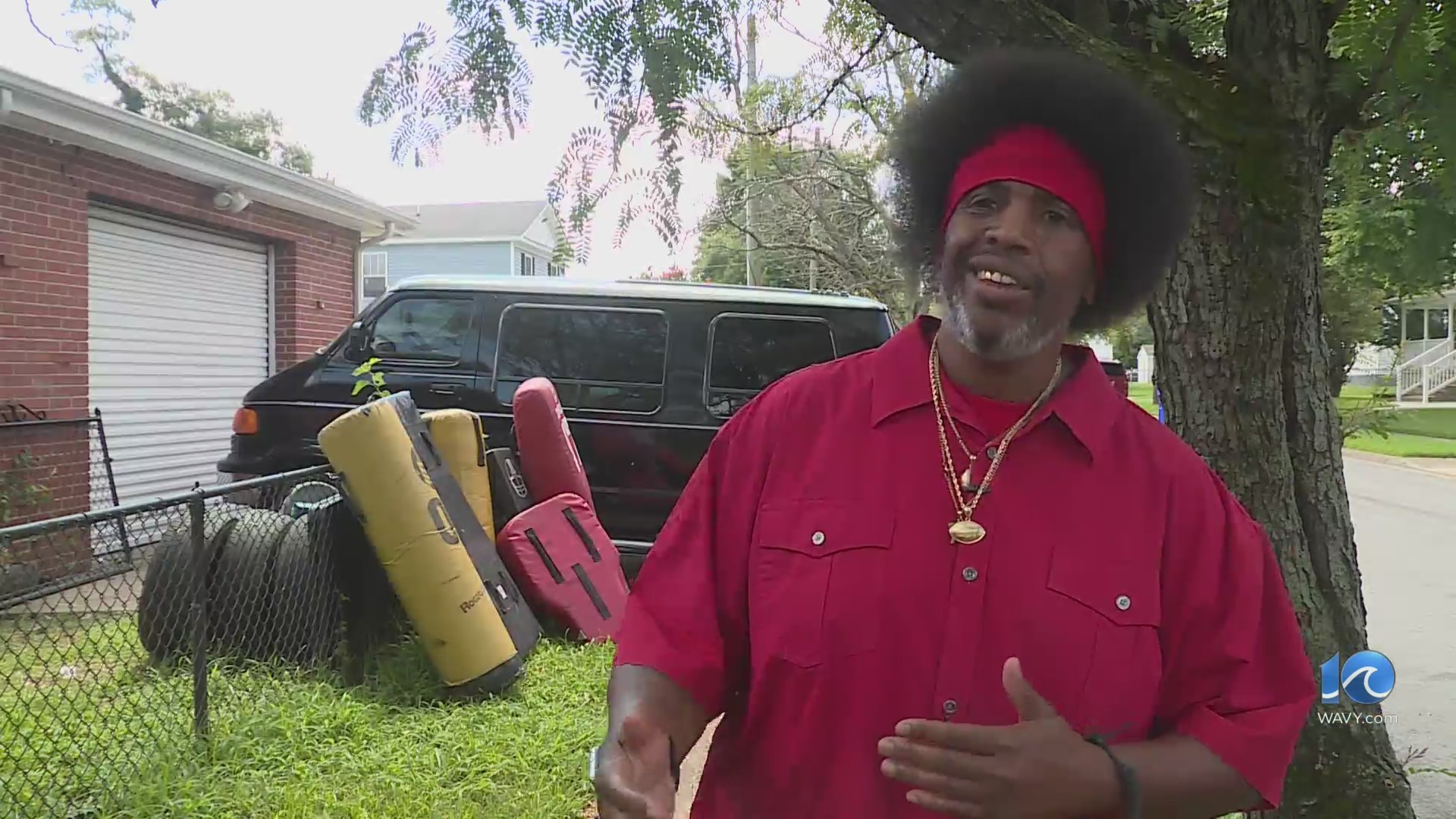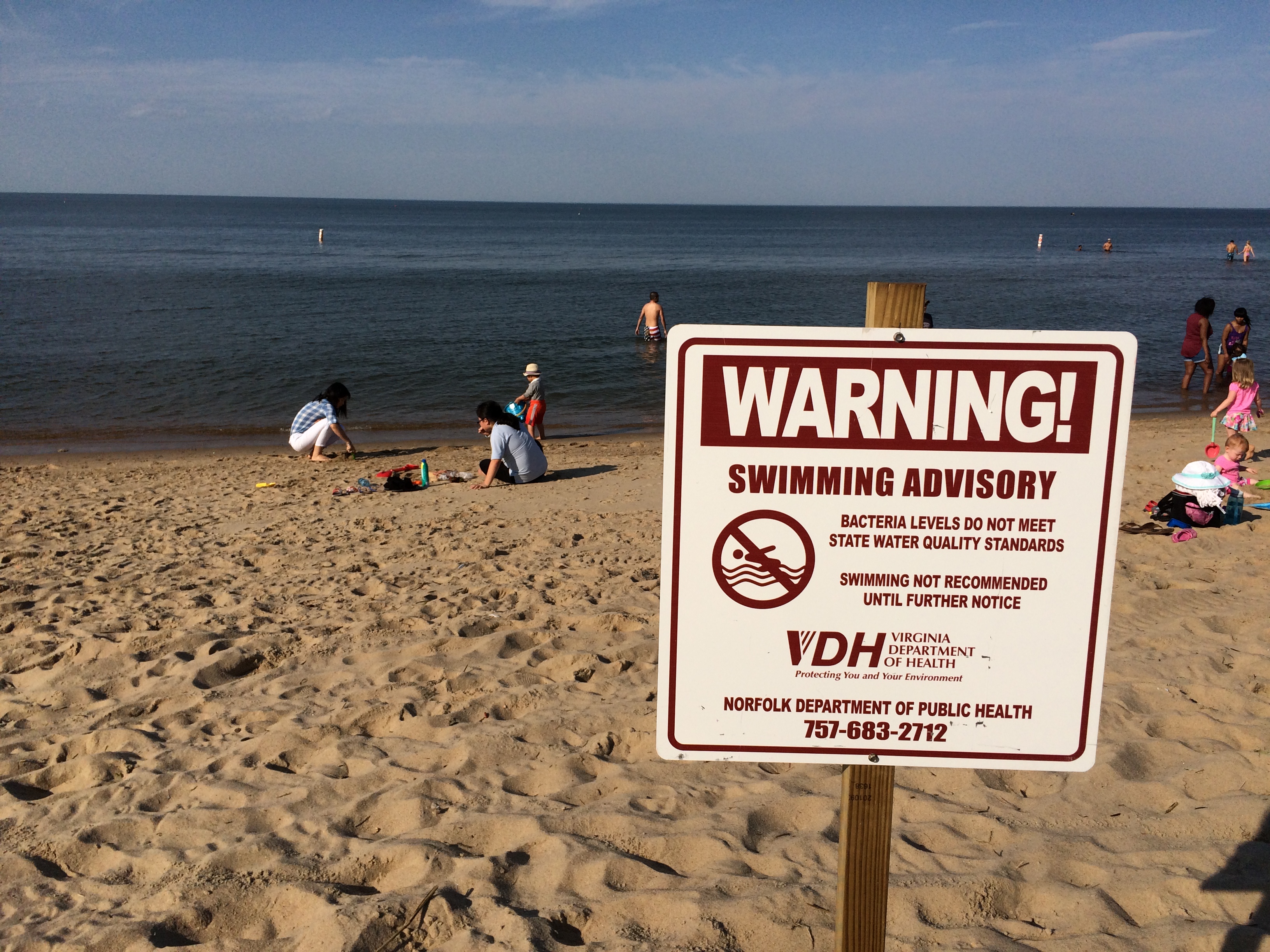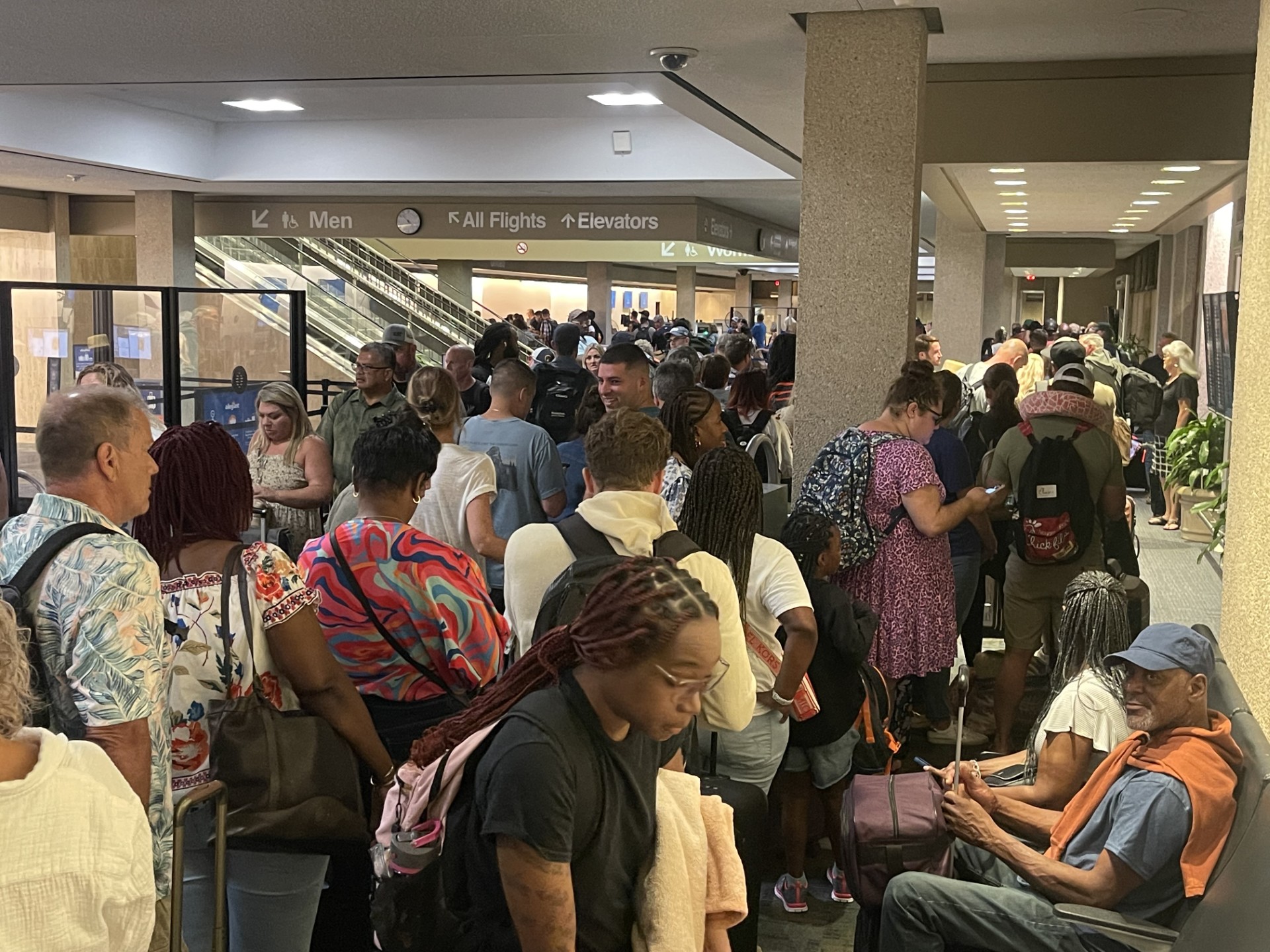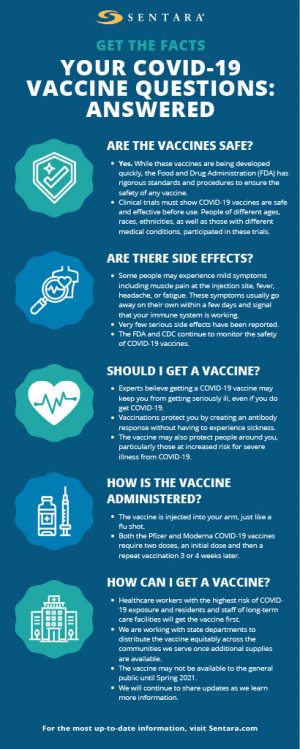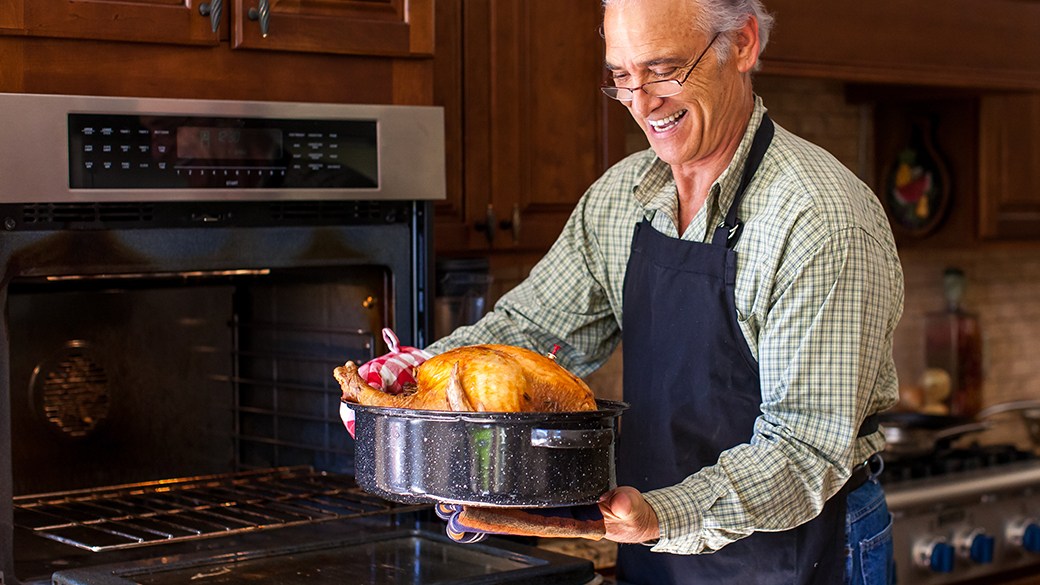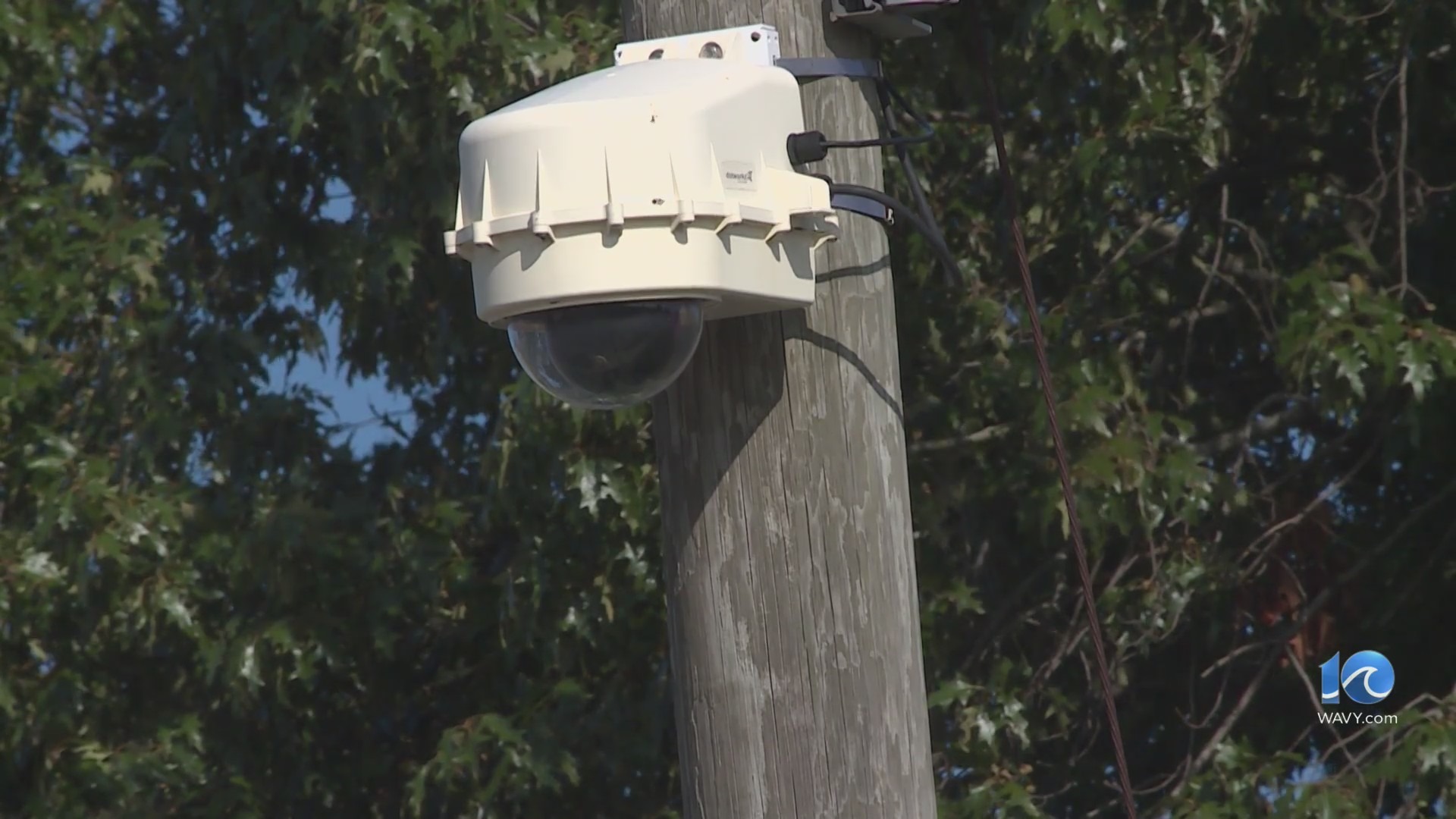DENVER (KDVR) — A Colorado woman on a kidney transplant list was moved to inactive status by UCHealth for not receiving a COVID-19 vaccine. Her living donor is also unvaccinated and the hospital said both need to be vaccinated for the transplant process to continue.
Leilani Lutali, of Colorado Springs, received a letter from the University of Colorado hospital informing her that her change in status on the waiting list was due to “non-compliance by not receiving the COVID vaccine.”
“In almost all situations, transplant recipients and living donors at UCHealth are now required to be vaccinated against COVID-19 in addition to meeting other health requirements and receiving additional vaccinations,” according to the hospital. “Some U.S. transplant centers already have this requirement in place, and others are making this change in policy now.”
Lutaliz, who said her life is “in jeopardy” if she’s not allowed to get the transplant, said she has religious concerns as well as concerns that the vaccine would not be effective after receiving immunosuppressant drugs post-surgery.
“Both from a religious standpoint and from doing some reading, I’m not certain that this is the right way to go,” she said. “The shot’s relatively new, and as a consumer, I’m not an early adopter. I wait and see what’s going on. I feel like I’m being coerced into not being able to wait and see and that I have to take the shot if I want this life-saving transplant.”
The hospital said in the letter that Lutali has 30 days to start vaccination, and if she refuses, she will be removed from the transplant list.
“You will continue to accrue waiting time, but you will not receive a kidney offer while listed inactive,” the hospital stated in the letter. “Once you complete the COVID vaccination series you will be reactivated on the kidney transplant list pending any other changes in your health condition.”
Lutali said she had COVID-19 last summer, so she’s not too worried about the virus.
“If I probably came down with a second case of COVID, it would be minimal,” she said. “And my first time around I was almost asymptomatic, so I’m not worried about that piece.”
Lutali’s potential donor, Jaimee Fougner, said she was also told she would not be eligible for the surgery since she is unvaccinated as well.
“When I explained that no, I wouldn’t be able to take the COVID shot, then the comment was, well your journey ends here, because we require all of our donors and recipients to have the COVID-19 vaccine,” Fougner said.
“I’m a strong no on the vaccine, for sure,” she said. “We’re talking about compromising my morals for her right to have a surgery,” Fougner said, claiming religious concerns for not being vaccinated.
UCHealth said transplant centers across the U.S. have specific prerequisites to protect patients “both during and after surgery,” including the possible need to avoid alcohol or stop smoking as well as the requirement for some vaccinations such as hepatitis B, MMR and “others.”
“An organ transplant is a unique surgery that leads to a lifetime of specialized management to ensure an organ is not rejected, which can lead to serious complications, the need for a subsequent transplant surgery, or even death,” the hospital stated. “Physicians must consider the short- and long-term health risks for patients as they consider whether to recommend an organ transplant.”
The hospital said transplant patients who have received organs are at “significant risk” for the coronavirus.
“Should they become infected, they are at particularly high risk of severe illness, hospitalization and death,” the hospital said. “Studies have found transplant patients who contract COVID-19 may have a mortality rate of 20% or higher.”
The hospital also said a living donor could spread the COVID-19 to an organ recipient even if they initially test negative for the virus.
The hospital cited a broad study that found kidney transplant patients infected with COVID-19 had a 21% mortality rate. It also cited other studies that found infected transplant patients have mortality rates ranging from 18% to 32%.
“For comparison, the CDC says the current mortality rate for everyone who has tested positive is 1.6%,” the hospital said, citing the Centers for Disease Control and Prevention.
“This is why it is essential that both the recipient and the living donor be vaccinated and take other precautions prior to undergoing transplant surgery,” the hospital stated. “Surgeries may be postponed until patients take all required precautions in order to give them the best chance at positive outcomes.”













































































